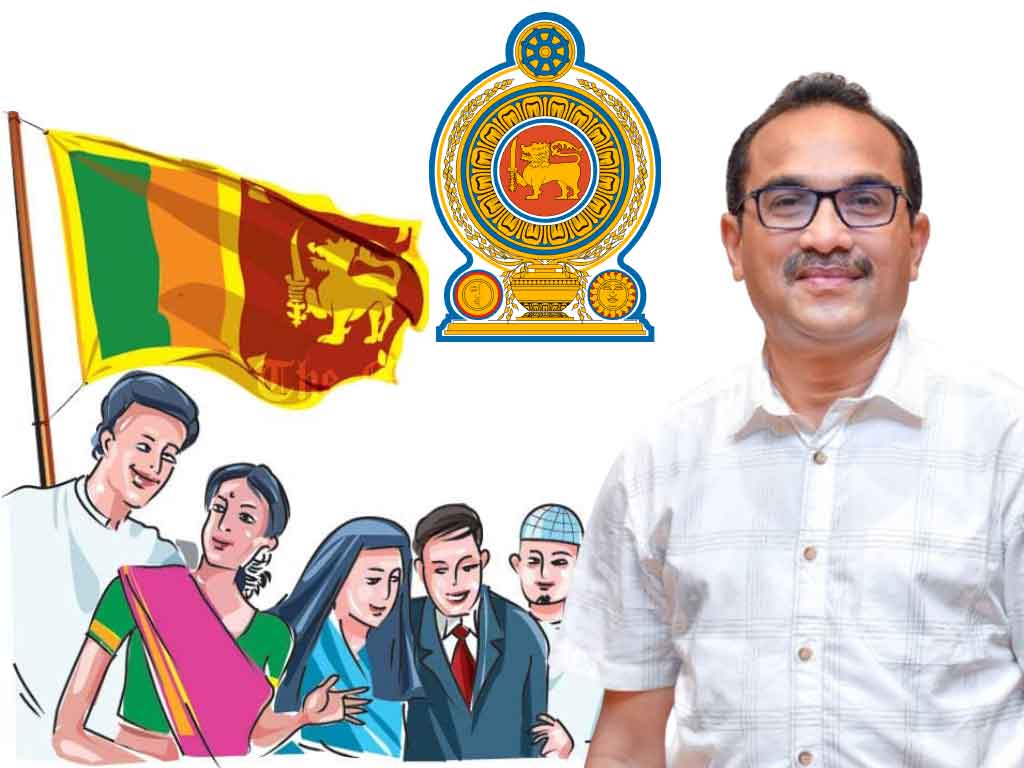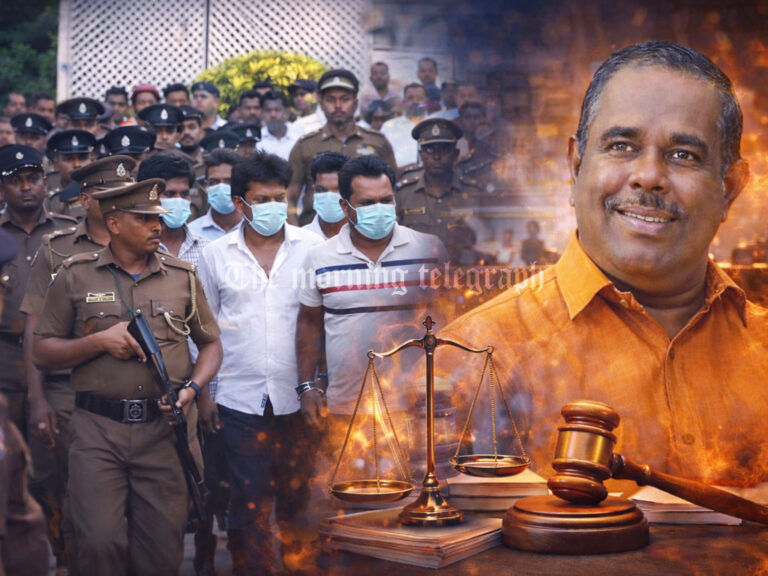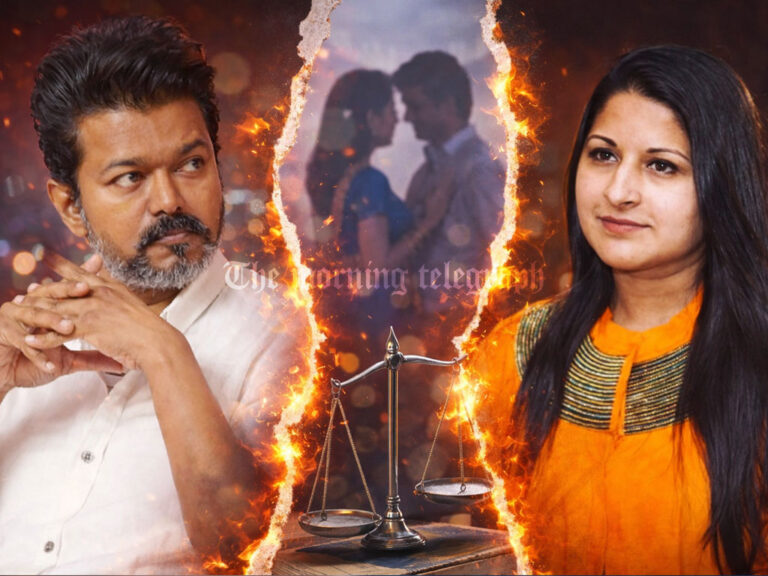
Minister Bimal Ratnayake has strongly defended the composition of the newly appointed cabinet, rejecting criticism surrounding the lack of Muslim representation. Ratnayake emphasized that the National People’s Power (NPP) government is not based on religious or ethnic divisions, but instead represents all Sri Lankans, regardless of their community.
Speaking to the media, Ratnayake responded to the criticism, calling it an unfair attack on the mandate of the NPP, which was formed to unite the diverse communities of Sri Lanka. He noted that for the first time in 76 years, Sri Lankans put aside their cultural and religious differences and voted as one nation. This, he explained, reflects the true spirit of the NPP’s governance, which is inclusive and aimed at the collective good of the entire country.
Ratnayake rejected the idea of any discrimination against Muslim communities within the government, emphasizing that the NPP does not engage in ethnic or religious segregation. He pointed out that several Muslim MPs were elected by the people through popular votes, even in areas where Muslim candidates had not been elected before. He provided examples of Muslim MPs winning in traditionally Sinhala-majority areas, including Kalmunai, Sammanthura, and the Northern Province, where they secured significant victories.
For the first time, Muslim MPs were elected in districts such as Matara, Kurunegala, and Nuwara Eliya, areas where Muslim representation had been absent in the past. Additionally, Muslim MPs were elected in areas like Gampaha and Kandy, where the Muslim community had not been traditionally represented in the past.
Ratnayake emphasized that the NPP’s commitment is to a government free from communal or ethnic segregation. The government, he reiterated, is focused on serving the needs of all Sri Lankans, irrespective of their ethnic or religious background, and will not accept any form of division within the country. He stated that the NPP’s mission is to ensure national unity and progress, aligning with the will of the people who voted for a collective future.




